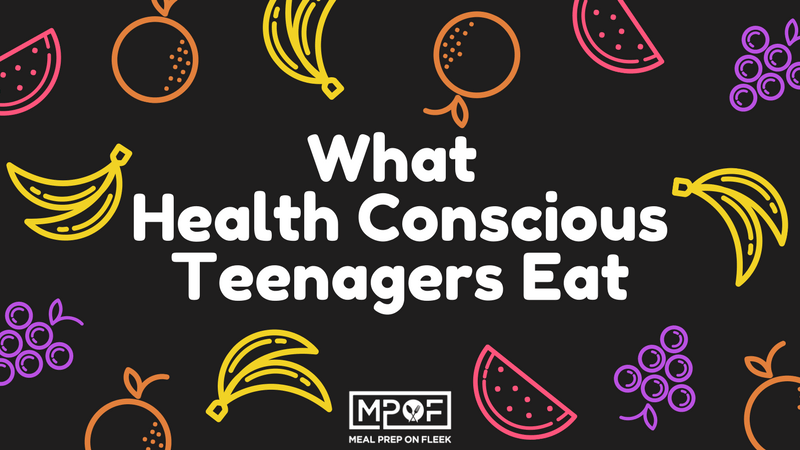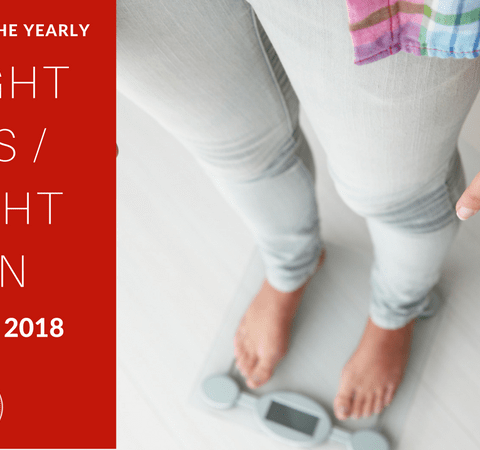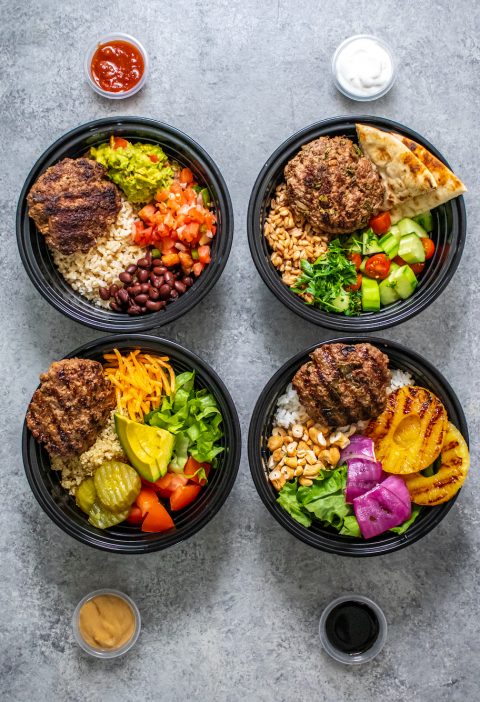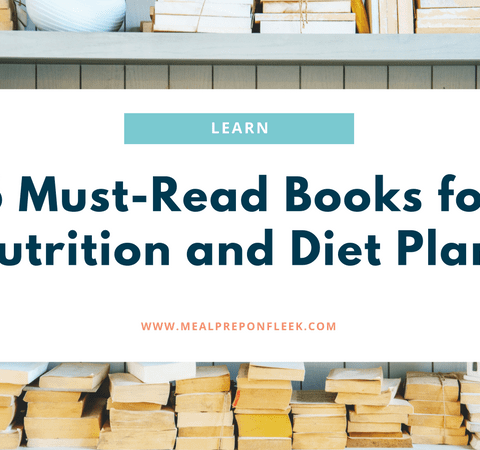What Health Conscious Teenagers Eat
Healthy eating practices are important to have in any stage of life, but they can be particularly tricky to formulate now in your teen years. If the foundation has only been loosely laid in childhood, consider it to be even more complicated. There are certain things to keep in mind, dear teenager when talking about optimizing a healthy lifestyle and eating for the benefit of years to come. During this time, you are starting to make more and more independent decisions, so you will definitely want to have a good idea of the goals you are shooting for.
Why is healthy eating important in adolescence?
This is an exciting time in life! And also a period when so many things are going on in your body; much is changing. Not only is there a tremendous change in hormone levels, but it is also a prime time for growth spurts. These growth spurts are generally accompanied by an increase in appetite. It is commonly a time of raiding your parent’s refrigerator! Therefore, it is much more important that the extra calories that are taken in are ones that are the most valuable to the kind of growth and development that will keep you flourishing into adulthood.
It is imperative that there is an increasing effort to have at least 2 servings of fruit and up to 5 servings of vegetables to boost your immune system and for healthy skin (a big concern, admit it!) and eyes. Dairy should be 3 ½ servings a day to keep bones and teeth strong. It is also essential for a fit heart, strong muscles, and nerves. Protein (mostly found in fish, meat, legumes, eggs, and nuts) is indispensable to keep iron levels on fleek. It is common for iron to be low once puberty sets in. Menstruation in girls, more often than not, make iron go low and is the chief cause of anemia. And guys need iron and protein sources to help them build muscle. Iron also helps to make red blood cells, which carry oxygen, to flow well to all vital organs. And we can’t forget a good amount of carbs at each meal to keep up the energy of your ever-increasing active lifestyle. But it should be noted that active is the key word when it comes to carbohydrates. The more active you are, the more carbs your diet should include. Vice versa is true as well- if you tend to be closer to the “couch potato” end of the spectrum, you should restrict your carbs more. As you can see, limiting empty calories is the name of the game! But winning in that game, requires you to be aware and understand some of the unique challenges.
Common pitfalls to optimal teen nutrition
One thing to keep in mind is that it might be more challenging to monitor decent eating because, typically, more hours are spent away from home now with more time hanging out with your peeps. It helps to remember that companions can have a good influence or a bad one; they can help or hinder. When together with friends, most teens say that they tend to consume higher amounts of fast food and soft drinks. Dieting is often a main focus at this stage of life. Dieting for a particular sport (like making a specific weight class in wrestling, for example) or for a special social event, is common. Your peer group also has a reputation of pressuring towards diet extremes, which can cause missed essential nutrients at best, or lead to disturbing eating disorders, at worse (but that is beyond the scope of our subject here). Like-minded buddies can also be some of the best support for sane eating, which is what we all hope for!
If you are normal, you are constantly busy and on-the-run a great majority of the time. The sheer convenience of meals is important to most teenagers. This sometimes lends itself to a temptation to eat more processed food if nothing else is available. As you know, processed “convenience” foods are loaded with worthless calories and should not be on your parent’s grocery list. You will want to request that the food choices in your home be ones that have a healthful focus as well as being as easily accessible as most “convenience foods”.
Some helpful suggestions
Now that we know the importance of good food alternatives AND some of the nutritional pitfalls the average teen encounters, here are a few things to keep in mind:
- Do not buy or bring into your home foods that you know you want to avoid. Another words, do not buy processed, expedient, or “junk food”. Ask your parents to help you by not buying these foods either.
- As you are hastening towards adulthood, you will want to be a part of the nutritional decision making at home. Wherever possible, give your parents suggestions of what you would like to eat.
- Take a stab at trying some different healthful foods that you may never have ventured into before.
- Take the initiative in finding out as much about nutrition on your own as possible. There is a much greater chance of success the more you know and plan yourself. Isn’t it that way for all of us?
- As your interest grows, help with meal prepping wholesome meals and snacks. Take the lead!
- Make sure you have good, quality snack foods available that are convenient for on-the-go snacking.
- Avoid eating in front of the TV where the “mindless” eating/snacking habit will tend to form. Instead, eat together with your family most of the time and whenever possible. Your family will LOVE you for it!
The teen years are a challenging time; no doubt about it. But keeping some of these tips in mind will help, we trust, in giving you a headstart in thinking about a nutritionally focused lifestyle of meals and snacking. Just some food for thought (pun intended!) as you venture through the journey of your teen years towards impending adulthood. Your future self will thank you!!







